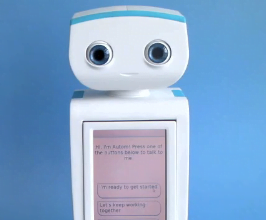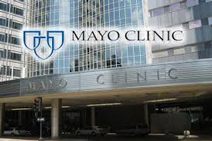When people think of healthcare recommendations, the first place that may come to mind is a website or social network where they can find testimonials, build relationships with physicians and peers, and ask questions. But an “old-fashioned” form of communication – email still has many benefits, including as a great reminder tool?
When people think of healthcare recommendations, the first place that may come to mind is a website or social network where they can find testimonials, build relationships with physicians and peers, and ask questions. But an “old-fashioned” form of communication – email still has many benefits, including as a great reminder tool?
 Ten to 15 years ago, email was one of the most powerful tools, and today we take it for granted. And it still has a lot of value. To this day, there are nearly three times as many email accounts as there are Facebook and Twitter accounts combined. Many segments of the population haven’t navigated just yet to smartphones and tablets, but they do have email accounts that they access from their home and work computers. That also includes people who work in medicine and live very busy lives.
Ten to 15 years ago, email was one of the most powerful tools, and today we take it for granted. And it still has a lot of value. To this day, there are nearly three times as many email accounts as there are Facebook and Twitter accounts combined. Many segments of the population haven’t navigated just yet to smartphones and tablets, but they do have email accounts that they access from their home and work computers. That also includes people who work in medicine and live very busy lives.
Besides being a great personal relationship builder, email can be an excellent reminder tool for physicians juggling lots of plates. For example, according to a recent study published by the Journal of Clinical Oncology, email alerts encourage cancer doctors to talk with terminally ill patients about their end-of-life wishes and record these preferences in their medical records.
Researchers said oncologists who were reminded each time one of their patients started a new chemotherapy regimen were more than twice as likely to note patients’ wishes before they became very sick. Doctors tend to wait for a patient’s condition to get much worse before bringing up their end-of-life wishes, researchers said. Email reminders helped doctors start those discussions sooner.








